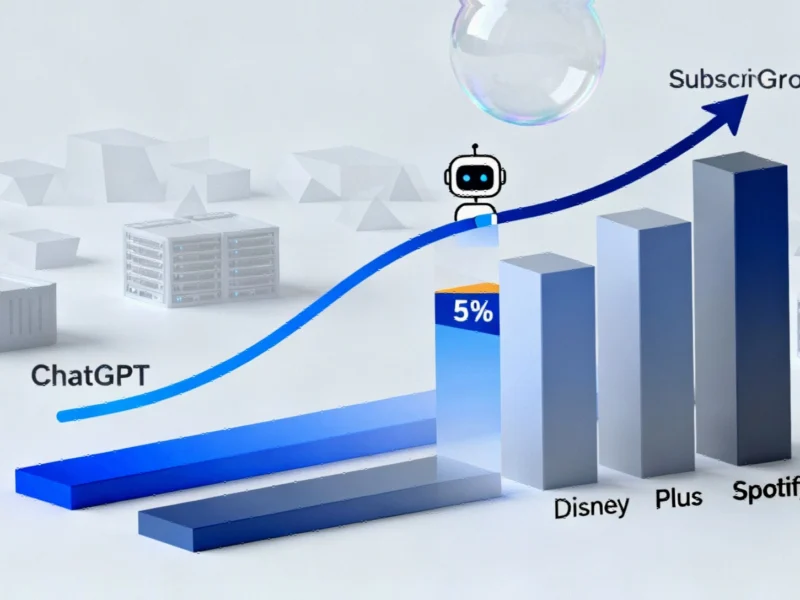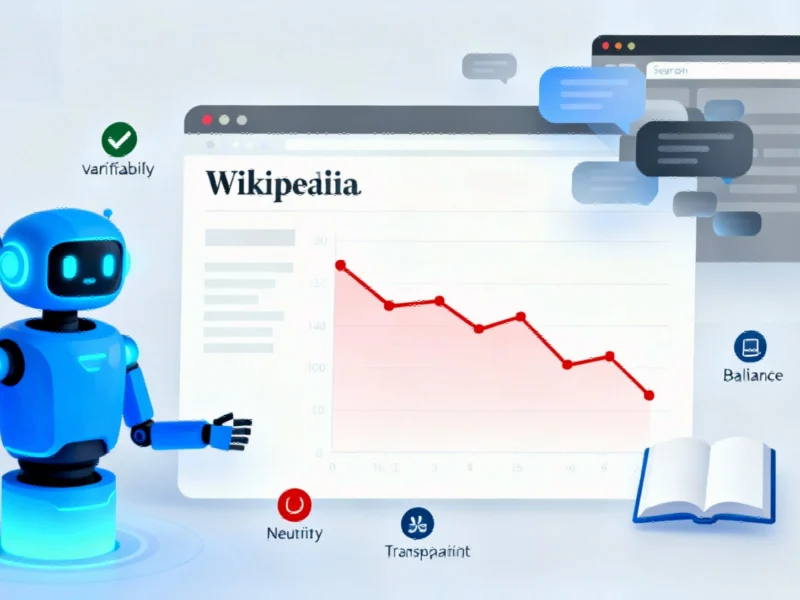Microsoft has officially ended support for Windows 10, pushing users toward Windows 11 and its new AI-integrated features. The company’s vision involves rewriting the operating system around artificial intelligence, with Copilot becoming central to the user experience. This shift comes amid concerns about forced upgrades, electronic waste, and privacy implications of AI control.
Windows 10 Support Ends as AI-Focused Windows 11 Takes Center Stage
Microsoft has officially terminated support for Windows 10, effectively forcing users to either upgrade their operating systems or pay for extended security updates, according to reports. This move comes as the technology giant pushes its vision of an AI-dominated computing future with significant updates to Windows 11 that integrate artificial intelligence throughout the user experience.









